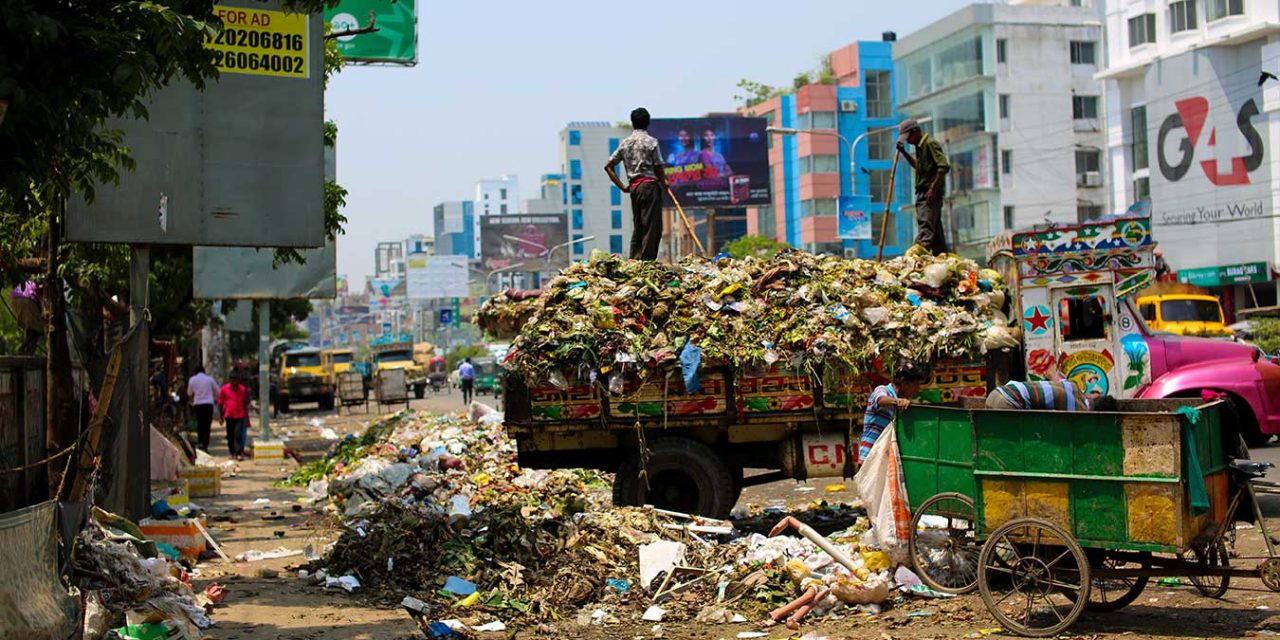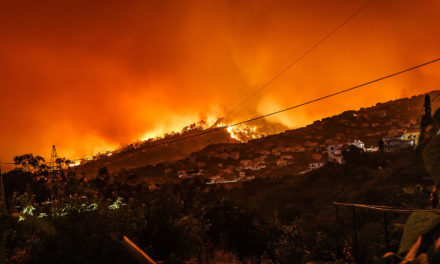 Other African Countries to Ban Plastic Bags
In Kenya, the government launched a public awareness campaign with the media and nongovernmental organisations to make the ban more effective.
“Kenya is a country of pastoralists, fishermen, and tourism. The presence of plastic bags has made those sectors suffer as a result of the use of plastic bags,” David Ongare, Kenya’s director of environmental compliance, told DW.
Like Tanzania, Kenya’s laws to enforce the ban are among the strictest in the world, with anyone caught manufacturing them facing a USD$37,000 fine or a four-year jail term.
In Tunisia, a ban came into force in Mach 2017 and is part of a broader effort to put in place greener government policy.
“I see a slight change in the city of Tunis. The use of plastic bags has been reduced and somehow I see a better situation in the streets,” said Afif Fantar, an engineer for the Tunis Centre for Environmental Technologies.
Similar bans have been introduced in Rwanda, Botswana, Eritrea, Morocco, South Africa and the Zanzibar archipelago in the Indian Ocean, but so far only modest progress has been made in clearing plastic waste from streets and landscapes; largely because of poor waste management and a mentality of dropping litter.
Other African Countries to Ban Plastic Bags
In Kenya, the government launched a public awareness campaign with the media and nongovernmental organisations to make the ban more effective.
“Kenya is a country of pastoralists, fishermen, and tourism. The presence of plastic bags has made those sectors suffer as a result of the use of plastic bags,” David Ongare, Kenya’s director of environmental compliance, told DW.
Like Tanzania, Kenya’s laws to enforce the ban are among the strictest in the world, with anyone caught manufacturing them facing a USD$37,000 fine or a four-year jail term.
In Tunisia, a ban came into force in Mach 2017 and is part of a broader effort to put in place greener government policy.
“I see a slight change in the city of Tunis. The use of plastic bags has been reduced and somehow I see a better situation in the streets,” said Afif Fantar, an engineer for the Tunis Centre for Environmental Technologies.
Similar bans have been introduced in Rwanda, Botswana, Eritrea, Morocco, South Africa and the Zanzibar archipelago in the Indian Ocean, but so far only modest progress has been made in clearing plastic waste from streets and landscapes; largely because of poor waste management and a mentality of dropping litter.
Victims of the Ban
Prior to the Kenyan ban, there were 170 companies producing plastic in the country employing 3% of the workforce. As well as putting a lot of people out of work, since the ban, the authorities now have to deal with the illegal import of plastic bags from nearby countries like Uganda. But on the whole, most of the Kenyan public has accepted the changes and welcome the cleaner streets that have come about as a result. Now campaigners are looking to ban other single-use plastics in Kenya like drinking straws and bread packaging.]]>- Why is California So at Risk from Wildfires? - 13th November 2019
- Carbon Offsetting is Growing but Does it Make a Difference? - 11th November 2019
- Three Confirmed Dead as Australia Prepares for “Catastrophic” Bushfires - 11th November 2019






